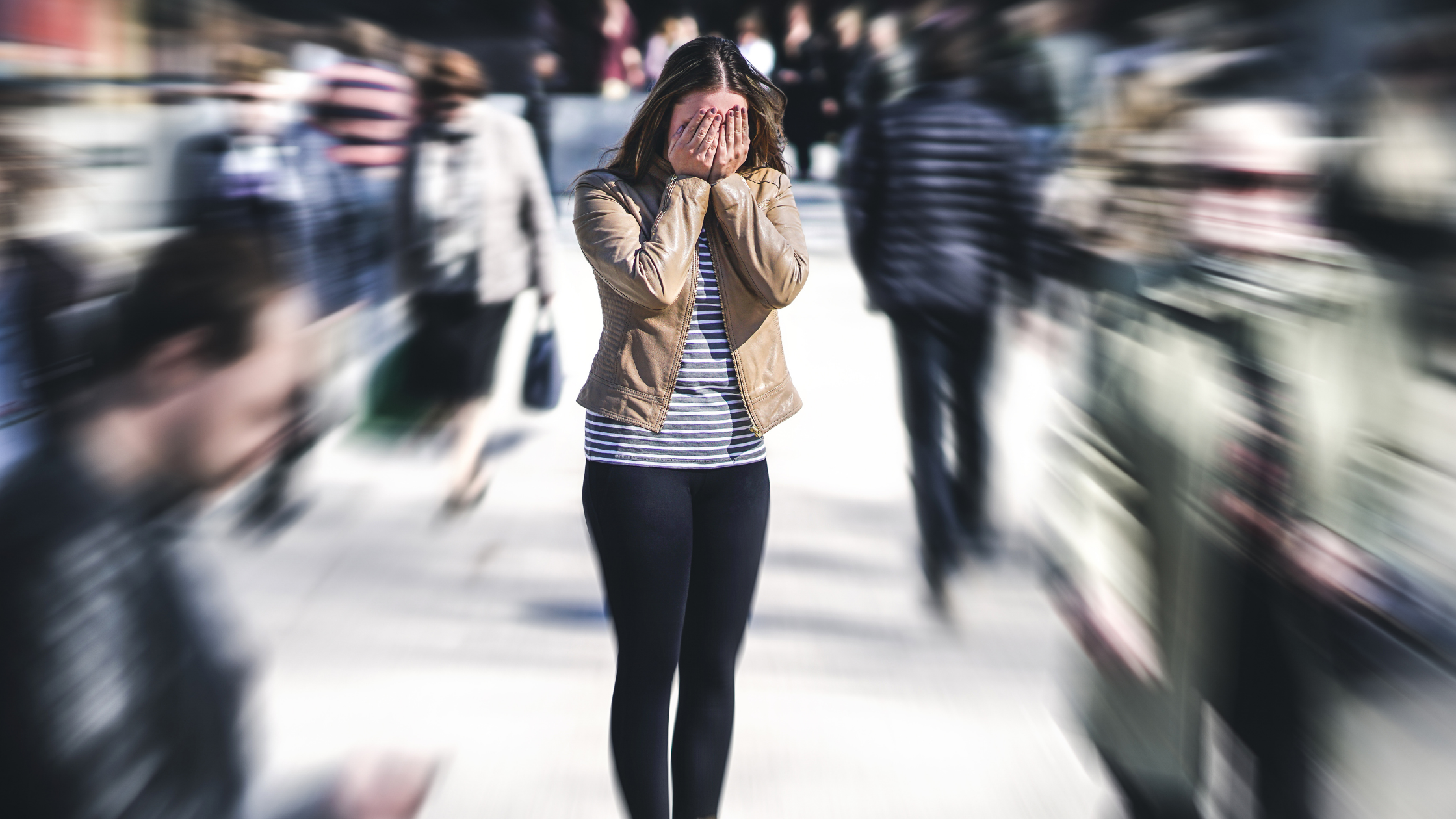Like the virus itself, anxiety has swept the globe since COVID reared its ugly head in 2019. The anxiety side effect has ‘gone viral’ with the peaks and troughs mimicking the waves of infection and subsequent media bombardment. Living with uncertainty can be difficult and even for the most relaxed individual, the ever-changing information and rules surrounding vaccination, travel, testing, school and work can leave us feeling overwhelmed and completely over it; aka- COVID fatigue. The world breathed a sigh of relief in 2021 as we thought we found a solution in a vaccine, but the virus had other ideas, mutating, and reinventing itself like a failed start up. And while 2022 has brought new challenges as we see infection rates soar, we must remain positive and not let COVID anxiety run rife.
Yes, it’s exhausting and downright frustrating, but it’s important to combat these feelings with hope and perspective, seeing this micro-monster as a challenge we must overcome. Feelings of intense worry and anxiety surrounding COVID and its side-line issues can be overwhelming but there are practical strategies to help switch off from all of noise whilst remaining in tune and safe.
- Get your facts straight
There is a lot of information out there surrounding COVID, vaccination, testing and the rules and regulations but not all of it is factual. If you are trying to remain calm and sensible in your approach, reduce your exposure to sensationalised media and get the facts that directly impact you from reliable sources. Avoid social media, blogs, message threads and hearsay unless the information comes from a reputable source.
- Keep things in perspective
Avoid ‘what if’ thinking. When we are stressed or overly worried, we often assume the worst. Remind yourself of the situation in Australia versus other countries. Are you overthinking the consequences of contracting the disease or the risk of infection? Have you taken the right precautions to reduce your risk?
- Practice self-care
Practicing self-care and self-compassion has never been more important. We are faced with troubling, worrying times and taking time out to look after your mind and body will help you be a stronger person. Recent research conducted by a team of international scientists, including Dr Stan Steindl, looked into the perceived threat of COVID19 and how it affected mental health. Findings showed that those who had difficulties embracing self-compassion felt deeper mental health impacts caused by the virus. Dr Steindl explains; “If we have high fears of self-compassion, or in other words we have real trouble being compassionate towards ourselves, then our depression, anxiety and stress is likely to be even worse in the context of COVID-19.” You can read more about this research and the topic of compassion on Dr Steindl’s blog.
Self-care is individual and we all know what we need deep down if we stop to think about it. Coupled with good nutrition, exercise and time outdoors, we can chip away at improving our overall health and wellbeing.
- Start your day with mindful intentions
Life is busy and we don’t always dedicate time to starting the day with mindful intention. Take some time to acknowledge the thoughts that enter your head as you rise for the day and go about your daily rituals. Are they positive and powerful or negative and worrisome? Are you rushing through your morning or mindfully noticing how things feel, taste and smell? It may seem unrealistic to do this as we enter the working year but even something as small as a daily mantra can start your day in a more positive way. ‘I can do this’, ‘I am brave’, ‘I am safe’.
- Explain how you are feeling to others
You may have observed different opinions, reactions and behaviour from friends, family, and acquaintances throughout the pandemic. It has brought out surprising behaviour in many of us and this mostly boils down to a threat response with the old fight or flight reaction coming into play. Some people naturally feel more threatened and unsafe than others. This may be due to their circumstances, personal health or financial security or it may just be their nature. It is important if you are feeling overly anxious to perhaps distance yourself from others who may compound that feeling and/or communication how you are feeling and your desire to reduce worry by taking a step back from COVID focused conversations.
6. Gift yourself Optimism
One of the best gifts we can give to ourself during this time is optimism. The hope that the future will be brighter and we will all pull through this. It costs nothing but the benefit it can give to our general wellbeing is priceless. After all, we have nothing to lose.
- Ask for professional help
Although written strategies like the above are good in theory, it can be difficult to detangle yourself from the web of worry independently. Accepting help from a professional can be a positive step towards your health and wellbeing. Psychologists are trained to help people with evidenced based techniques to reduce stress, worry and anxiety to help you flourish and live life to its fullest. Our qualified team of professionals and their various areas of experience can be viewed here.
If you need to speak to a professional, please call one of our practices and our friendly admin team will be able to assist you.
